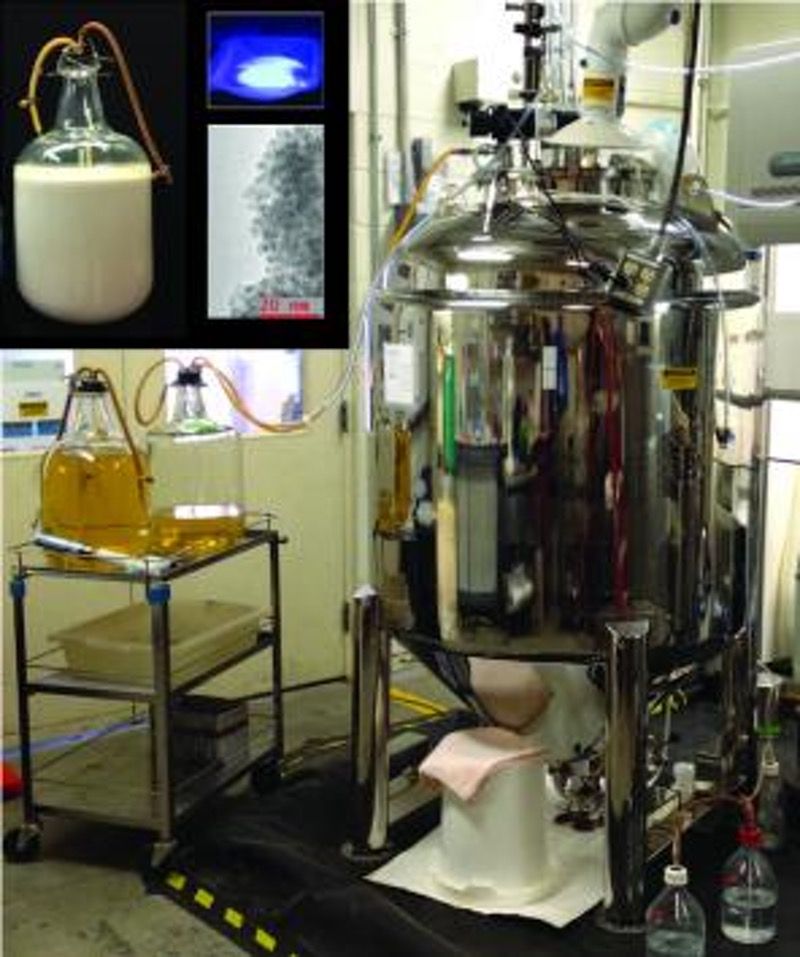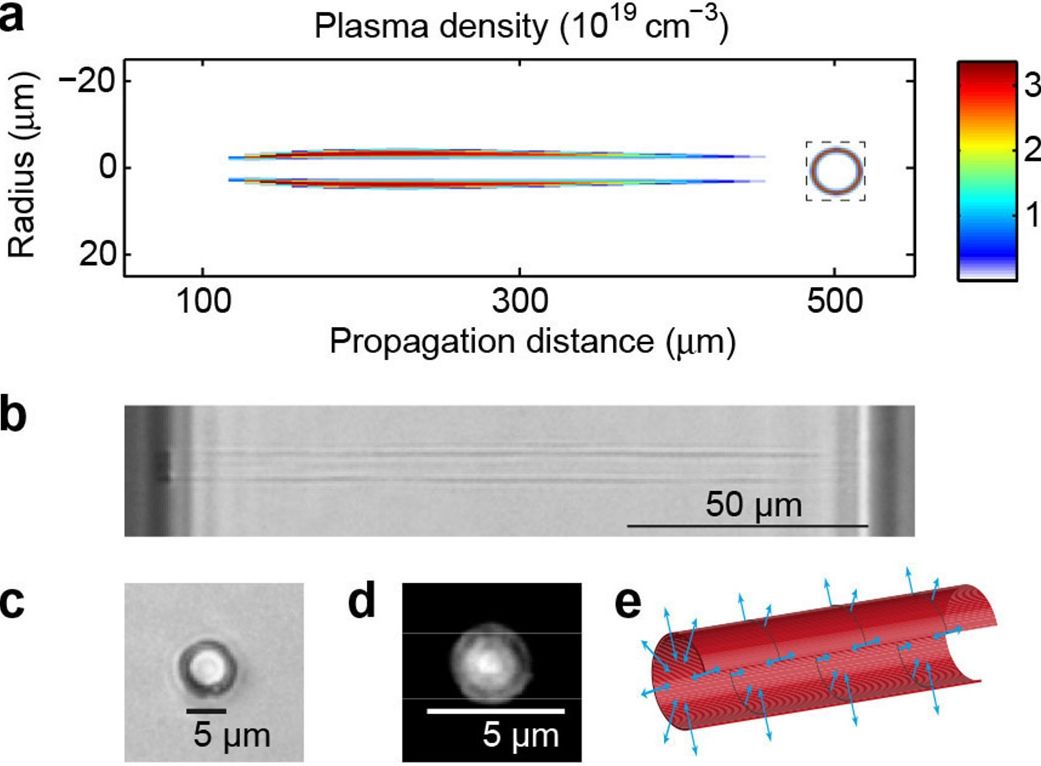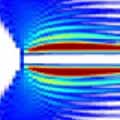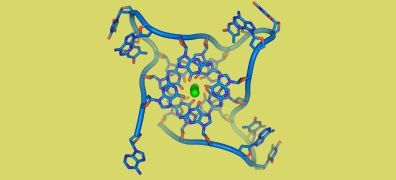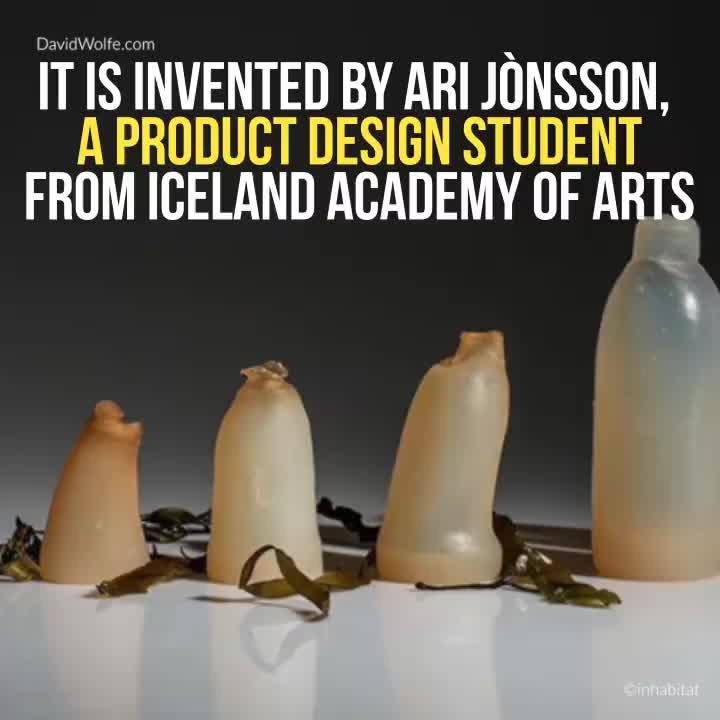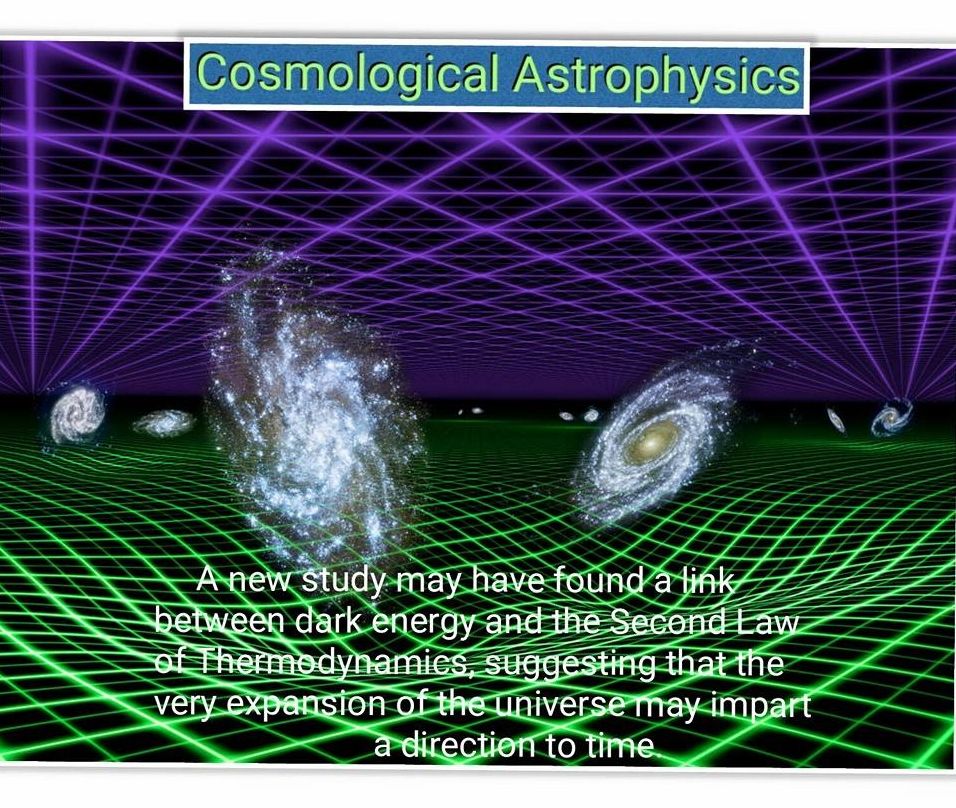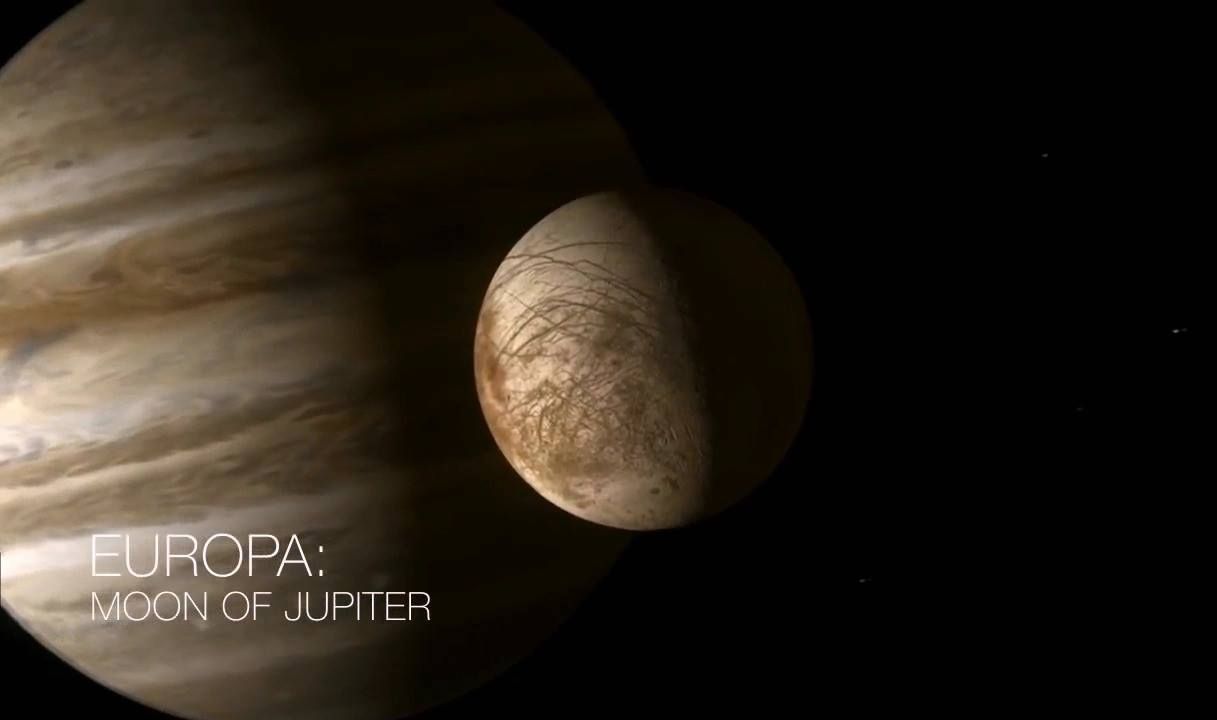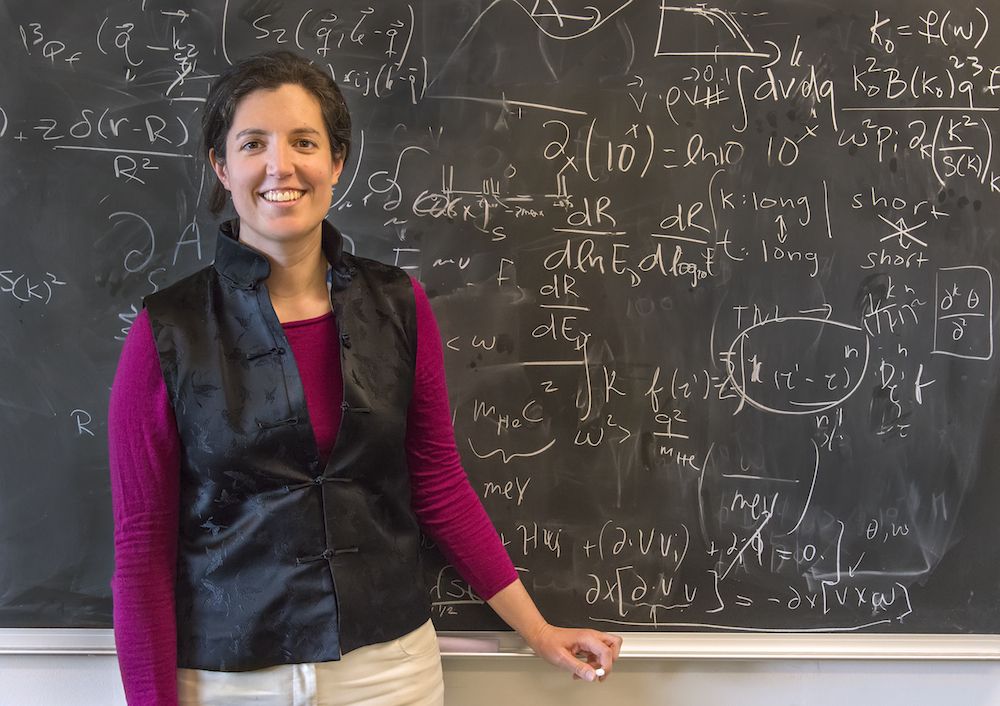
Kathryn Zurek realized a decade ago that we may be searching in the wrong places for clues to one of the universe’s greatest unsolved mysteries: dark matter. Despite making up an estimated 85 percent of the total mass of the universe, we haven’t yet figured out what it’s made of.
Now, Zurek, a theoretical physicist at the Department of Energy’s Lawrence Berkeley National Laboratory (Berkeley Lab), says thanks to extraordinary improvements in experimental sensitivity, “We increasingly know where not to look.” In 2006, during grad school, Zurek began to explore the concept of a new “Hidden Valley” model for physics that could hold all of the answers to dark matter.
“I noticed that from a model-builder’s point of view that dark matter was extraordinarily undeveloped,” she said. It seemed as though scientists were figuratively hunting in the dark for answers. “People were focused on models of just two classes of dark matter candidates, rather than a much broader array of possibilities.”
Read more
